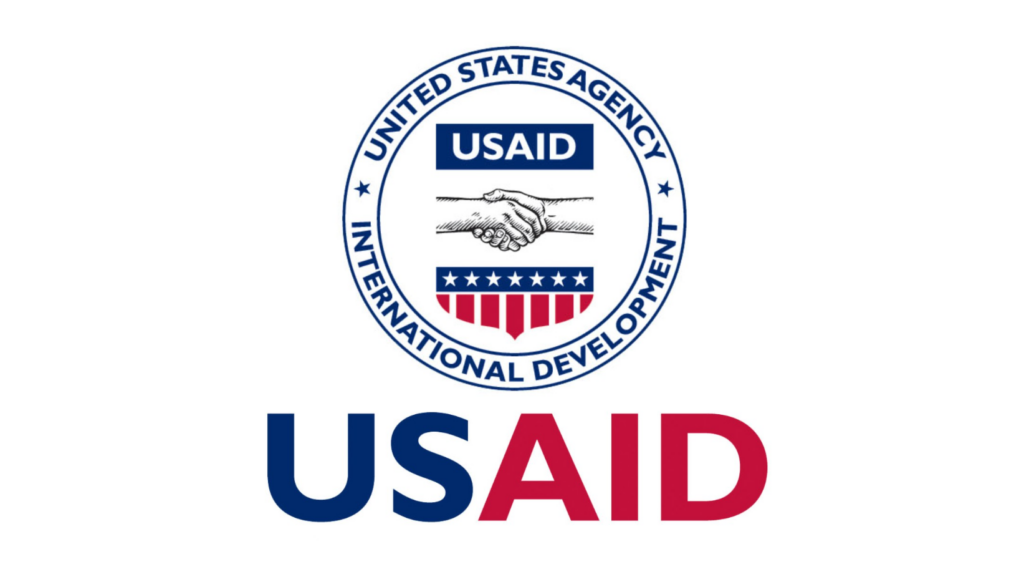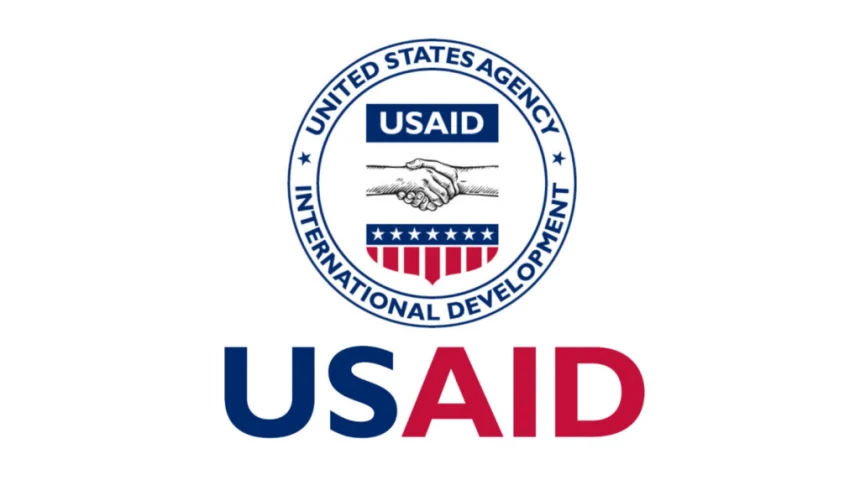
The United States Agency for International Development (USAID) has allocated $29 million to support aquatic and fish farmers in Nigeria, Bangladesh, Kenya, and Zambia. This investment coincides with the extension of two research partnerships for five years under the US government’s global hunger and food security initiative, Feed the Future. Mississippi State University will lead a $15 million project for the Feed the Future Innovation Lab for Fish, while Michigan State University will lead a $14 million initiative for the Feed the Future Innovation Lab for Legume Systems Research programs.
According to the agency’s announcement over the weekend, the objective of the Feed the Future Innovation Lab for Fish is to enhance the climate resilience of fisheries and other aquatic food systems, including the collection of shellfish and seaweed, in Bangladesh, Nigeria, Kenya, and Zambia. Aquatic foods serve as nutritious sources of animal protein and are crucial for income generation among aquatic farmers and fishers. The project aims to develop and scale innovations to sustainably increase fish production while prioritizing natural resource conservation and the needs of producers and fishers.
Furthermore, the extension of these initiatives aims to prioritize enhancing food safety and promoting inclusivity in aquatic food value chains, thereby enabling a greater number of individuals to access nutritious diets and secure livelihoods. Additionally, the extension will facilitate the scaling up and commercialization of new legume varieties, enhancing the resilience of legume farmers’ livelihoods and increasing the availability of nutritious food. The program will also expand its reach to new regions of Africa and, for the first time, into Latin America and the Caribbean.
Moreover, the extension will support ongoing research on empowering women and young people within the legume production systems, which has already demonstrated positive outcomes in providing economic opportunities to rural women’s groups and supporting students in achieving higher education degrees.





